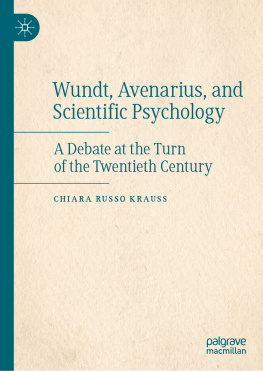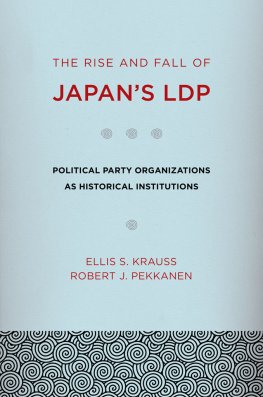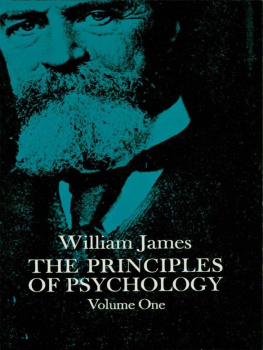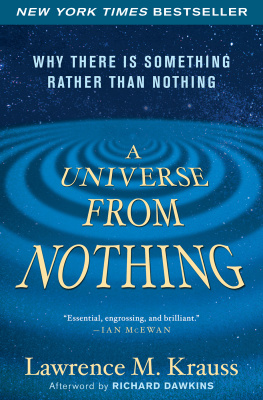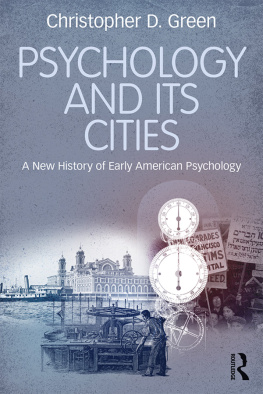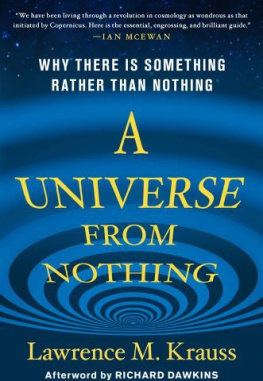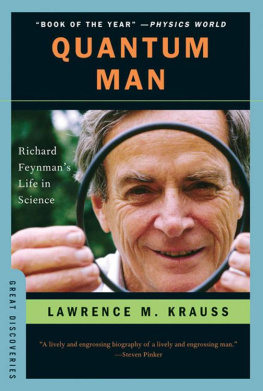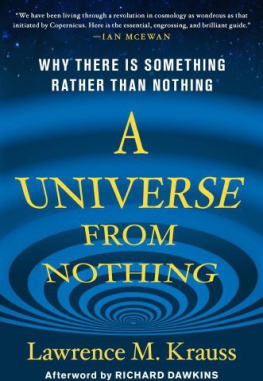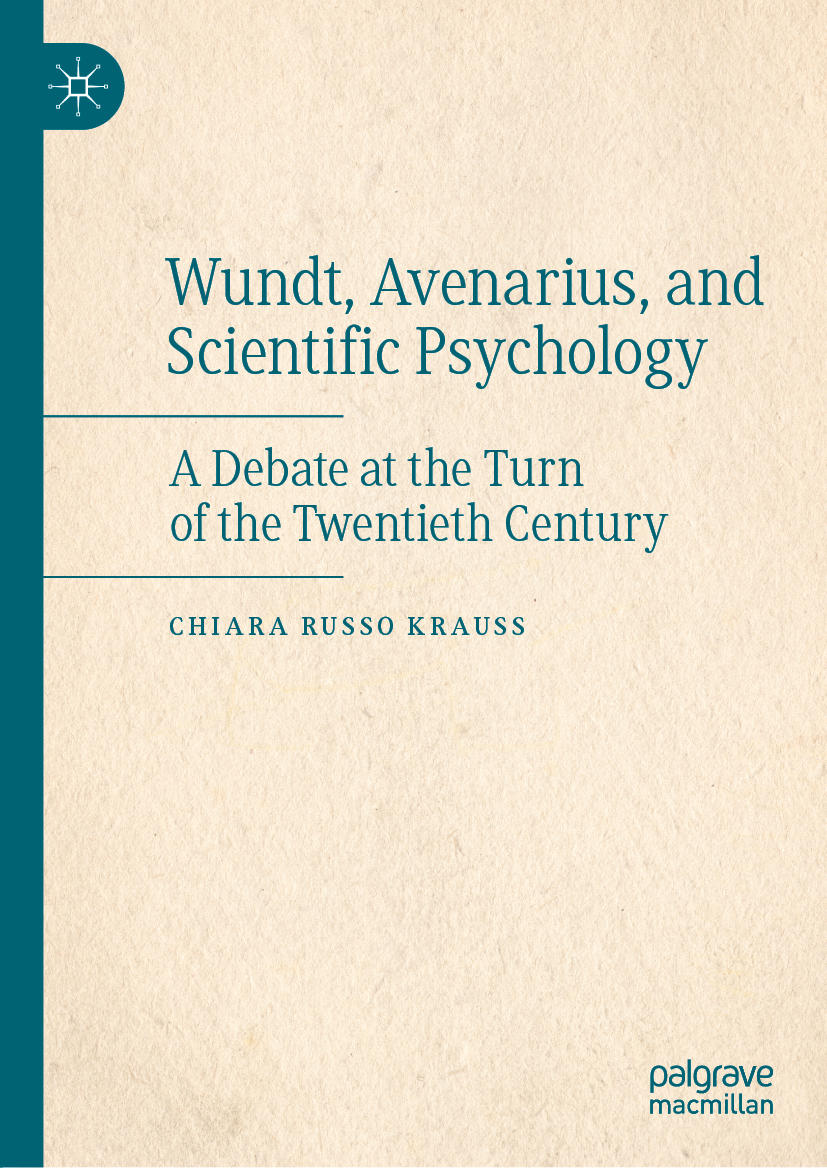Chiara Russo Krauss
Wundt, Avenarius, and Scientific Psychology A Debate at the Turn of the Twentieth Century
Chiara Russo Krauss
University of Naples Federico II, Naples, Italy
ISBN 978-3-030-12636-0 e-ISBN 978-3-030-12637-7
https://doi.org/10.1007/978-3-030-12637-7
Library of Congress Control Number: 2019931980
Corrected Publication 2019. Translation from the Italian language edition: Con Wundt, oltre Wundt by Chiara Russo Krauss, 2016. Published by Rubbettino Editore. All Rights Reserved.
The Editor(s) (if applicable) and The Author(s), under exclusive license to Springer Nature Switzerland AG 2019
This work is subject to copyright. All rights are solely and exclusively licensed by the Publisher, whether the whole or part of the material is concerned, specifically the rights of translation, reprinting, reuse of illustrations, recitation, broadcasting, reproduction on microfilms or in any other physical way, and transmission or information storage and retrieval, electronic adaptation, computer software, or by similar or dissimilar methodology now known or hereafter developed.
The use of general descriptive names, registered names, trademarks, service marks, etc. in this publication does not imply, even in the absence of a specific statement, that such names are exempt from the relevant protective laws and regulations and therefore free for general use.
The publisher, the authors and the editors are safe to assume that the advice and information in this book are believed to be true and accurate at the date of publication. Neither the publisher nor the authors or the editors give a warranty, express or implied, with respect to the material contained herein or for any errors or omissions that may have been made. The publisher remains neutral with regard to jurisdictional claims in published maps and institutional affiliations.
This Palgrave Macmillan imprint is published by the registered company Springer Nature Switzerland AG
The registered company address is: Gewerbestrasse 11, 6330 Cham, Switzerland
To my grandparents Meri and Dameris
for making me feel part of the family from the first day
The original version of the book frontmatter was revised: Acknowledgement of the original Italian language edition has been added. The correction to the book frontmatter is available at https://doi.org/10.1007/978-3-030-12637-7_6
Acknowledgements
This research is part of the project Scientific Philosophy: Avenarius, Petzoldt and the Berlin Group, founded by SIR program (MIURItaly), and conducted at the University of Naples Federico II. For the archival documents consulted during the research, the author thanks the following: Staatsbibliothek zu Berlin - Preuischer Kulturbesitz. Handschriftsabteilung (Richard Avenarius Nachlass); Universittsarchiv - Leipzig (Wilhelm Wundts letters); and Universittsbibliothek der Karl-Marx-Universitt Leipzig, Abteilung fr Handschriften und Inkunabeln. This book is a revised and translated version of Chiara Russo Krauss, Con Wundt, oltre Wundt. Richard Avenarius e il dibattito sulla psicologia scientifica tra Otto e Novecento , Soveria Mannelli: Rubbettino, 2016. The author thanks Rubbettino for the permission to publish the translation, and Palgrave Macmillan for making this book available to an international audience.
About the Author
Chiara Russo Krauss, Ph.D.
is a researcher in the history of philosophy at the University of Naples Federico II. Her field of expertise is the German philosophy of the late nineteenth century, with special attention to the problems connected with the development of modern sciences, and psychology in particular. She published studies about Wilhelm von Humboldt, Neo-Kantianism, Oswald Klpe, Wilhelm Wundt, and, especially, Empiriocriticism and its main representatives: Ernst Mach and Richard Avenarius. Russo Krauss translated from German into Italian two Avenarius books and published several essays on his thought, based not only on his works but also on his unpublished documents.
Russo Krauss is the Principal Investigator of the project Scientific Philosophy: Avenarius, Petzoldt and the Berlin Group, founded by the SIR Program of the Italian Ministry of University and Research.
The Author(s) 2019
Chiara Russo Krauss Wundt, Avenarius, and Scientific Psychology https://doi.org/10.1007/978-3-030-12637-7_1
1. Introduction
Chiara Russo Krauss
(1)
University of Naples Federico II, Naples, Italy
Chiara Russo Krauss
Email:
Keywords
Scientific psychology Philosophy of psychology History of psychology Empiriocriticism Positivist philosophy
1.1 Wundt and the Rise of Scientific Psychology
At the beginning of the nineteenth century, psychology was still regarded as the branch of philosophy studying the soul. However, the situation changed rapidly as the development of experimental physiology resulted more and more in the adoption of scientific methods for the study of phenomena that seemed only classifiable as psychical.
Over the course of a century, Europeand Germany in particularexperienced breathtaking advances in the knowledge of living organisms. Johannes Mller (18011858) trained a whole generation of experimental physiologists. Mathias Schleiden (18041881), Theodor Schwann (18101882), and Rudolf Virchow (18211902) put to good use the recent improvement of microscope optic and developed the first cellular theories. Justus von Liebig (18031873) made a great contribution to the development of organic chemistry. But the list goes on.
This scientific renewal led to the unfolding of a grand research program, aiming at questioning the assumptions of the so-called Naturphilosophie, i.e., the speculative biology that was based on the assumption of a teleological living force animating organic matter. In its place, this new trend affirmed the possibility and necessity of a mechanistic explanation of living beings.
As soon as the perceptual apparatus and the nervous system became the objects of research, the advances in the field of physiology impacted significantly on psychology too. The focus was increasingly on the organisms reaction to stimuli. Ernst Weber (17951878) and Gustav Theodor Fechner (18011887) formulated the law that mathematically described the relationship between the change in a physical stimulus and the change in perception. Charles Bell (17741842), Franois Magendie (17831855), Marshall Hall (17901857), and Hermann von Helmholtz (18211894) outlined the phenomenon of reflex arc, according to which peripherical signals travel toward the central nervous system through sensory nerves, from where a response departs, that proceeds centrifugally down the motor nerves.
As a result, from the field of pure physiology, a new science originated, named psychophysics by Fechner . He defined it as the exact science of the functional or dependency relations between body and mind. An ancient task, indeed. Nonetheless, what was new was how this discipline intended to tackle such a task: by building on experience and mathematical connections of empirical facts (Fechner , V).

